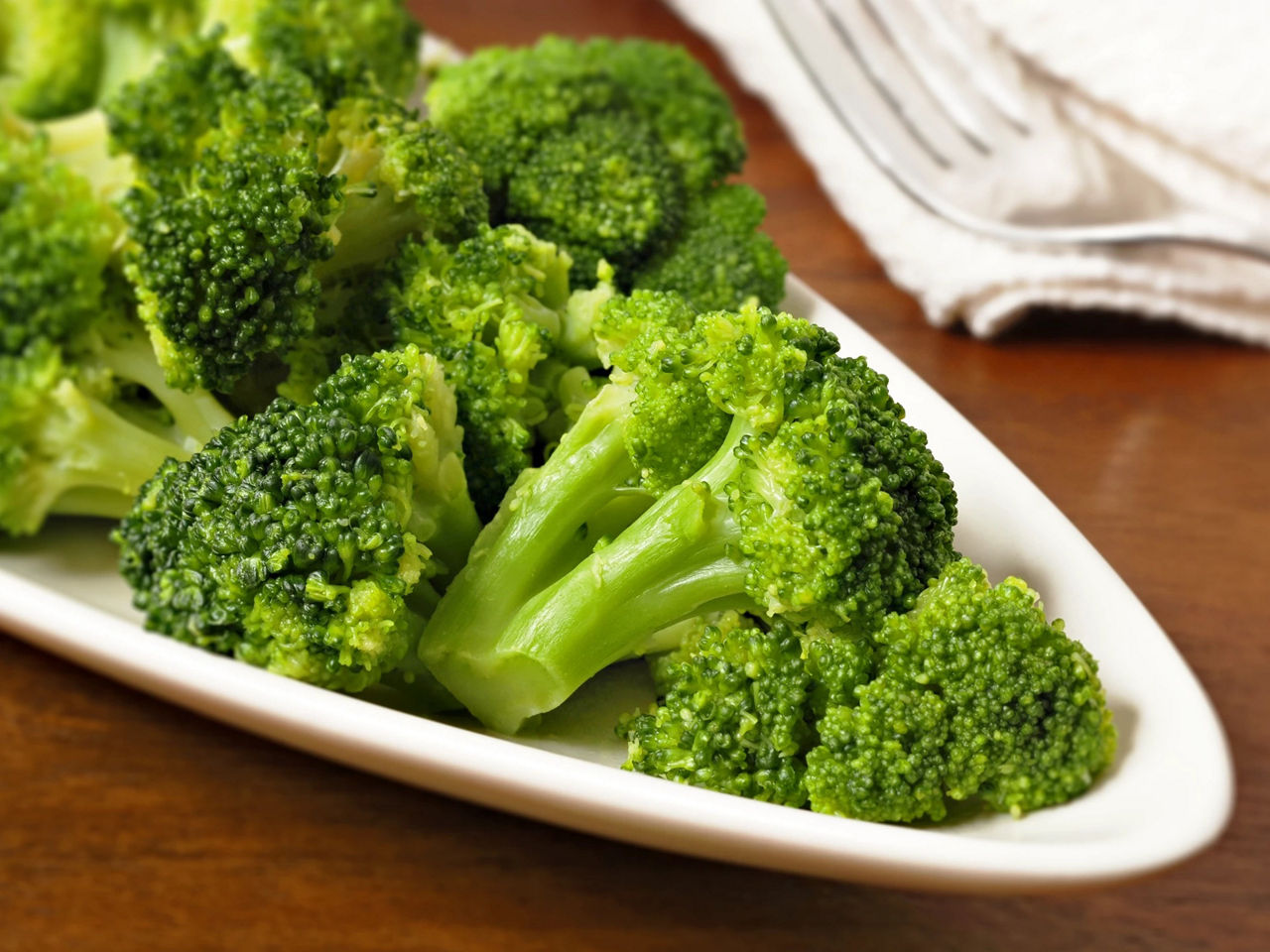Hand to mouth
The next stage of weaning
Moving on from smooth purées to thicker food textures in stage 2 of weaning means your baby will need to learn to chew. This is good preparation for eating bigger chunks, like finger foods, when their hand–eye coordination will allow them to feed themselves, and is also important for speech development. Iron-rich recipes for your 7-month-old can help support their cognitive development at this stage.






?ts=1701285588461&dpr=off)
